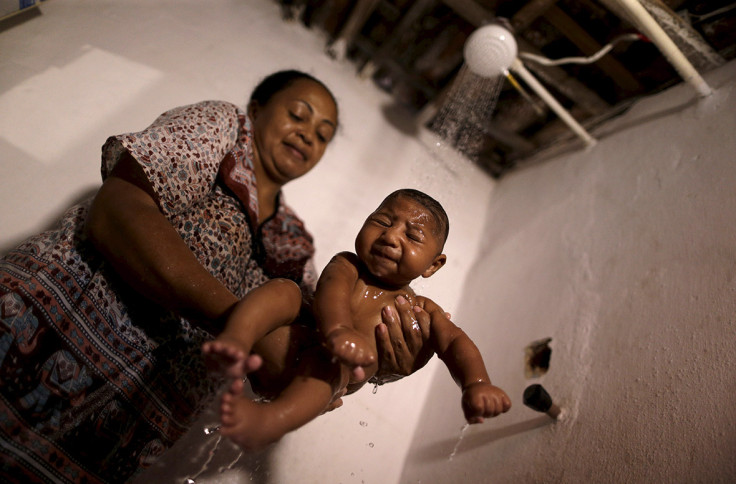Zika virus: Activists petition Brazil's Supreme court to waive law banning abortions for infected women

A group of Brazilian lawyers, activists and scientists are petitioning the nation's Supreme Court to waive the law banning abortions for women who have contracted the Zika virus. The virus can cause microcephaly and brain defects in new-born babies but in Brazil abortion remains illegal except in health emergencies, in cases of rape or a brain condition known as anencephaly.
The virus remains untreatable with the only advice issued by health authorities to avoid getting stung by mosquitos. The virus has now been detected in 20 countries but Brazil has borne the brunt of the recent outbreak with up to 100,000 people believed to have been affected.
But in a predominantly Roman Catholic country activists fear that poor women will seek back-street abortions in fear that their babies will be born with severe brain defects. What makes the disease even more difficult to control is that often those carrying the virus will not exhibit any symptoms and then pass on the infection.
The petition says that "the Brazilian state is responsible for the Zika outbreak" for not having eradicated the Aedes aegypti mosquito which carries the virus. It is expected to be delivered in two months' time to the Brazilian government.
Debora Diniz, a law professor at Brasilia University and vice-chairwoman of Anis, a feminist group, told the BBC: "It is important to remember, when we talk about abortion and reproductive rights in general, that we have a social class split in Brazil - wealthy women will access safe abortion, legal or illegal, and poor women will go to the illegal market or continue to be pregnant."
Advice issued by the Brazilian government stipulating that women should not get pregnant until a strategy is formulated to tackle the disease has been criticised. Brazil and the US are already working together to develop a vaccine against the virus – but scientists say this could take years.
Brazil has been hit the hardest by Zika, with 270 confirmed cases of microcephaly and 3,448 suspected cases reported since October 2015, up from 147 in 2014.
© Copyright IBTimes 2025. All rights reserved.






















